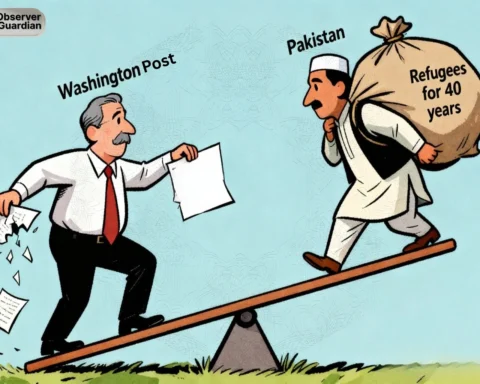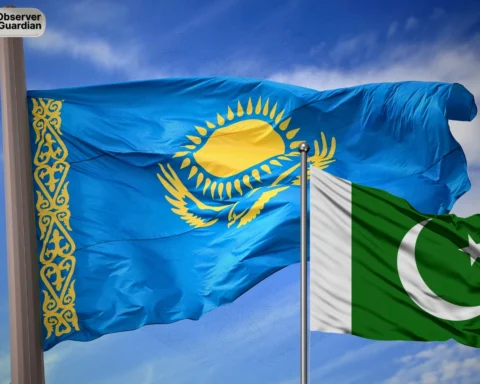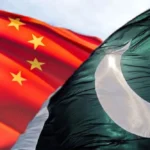In a coordinated move timed with the 2025 United Nations General Assembly, Britain, Canada, and Australia have formally recognised the State of Palestine. This marks a major shift in their foreign policy toward the Israeli-Palestinian conflict, breaking with decades of practice in which recognition was conditional or only implied. The decision is intended to add diplomatic pressure for a two-state solution after years of stalled negotiations and growing humanitarian concerns in the region. While largely symbolic, the recognition carries real implications: it acknowledges full Palestinian statehood, paves the way for treaty making, and opens new diplomatic channels. It also introduces political conditions, such as commitments to democratic elections and the exclusion of militant groups from governance.
A change driven by stalled peace and mounting pressure
Britain, Canada, and Australia have long supported the idea of a two-state solution, but critics argued their policies lacked urgency. Increasing international concern over the humanitarian situation in Gaza, combined with political pressure at home and at the United Nations, helped build momentum. Australia signaled that recognition would coincide with the UNGA and tied it to democratic reforms and the exclusion of Hamas from government. Britain issued an ultimatum earlier in the summer, warning it would recognise Palestinian statehood unless Israel took substantive steps to ease the crisis.
What recognition actually means
Recognition of statehood is more than a symbolic gesture. It allows Palestine to enter treaties, establish formal diplomatic relations, and gain standing in international forums. It also shifts the dynamic of future negotiations, affecting aid, legal accountability, and diplomatic leverage. At the same time, it does not immediately change control of territory or end the conflict. Conditions set by the recognising nations mean that full normalisation will depend on internal governance reforms and actions by Israel.
Kartarpur Gurdwara reopens after flood to celebrate Baba Guru Nanak’s 486th Jyoti Jot
Reactions from allies and opponents
Palestinian leaders have welcomed the move as an irreversible step toward sovereignty. Supporters of a two-state solution see it as a revival of hope for renewed peace talks. Israel has condemned the decision, arguing that it ignores security concerns and could reward militant groups. The United States has expressed caution, saying that unilateral recognition could complicate negotiations. Domestic political debate is also expected within Britain, Canada, and Australia as opponents question whether recognition might reduce leverage for peace.
Implications for the future of the two-state solution
The coordinated recognition is likely to shift the diplomatic landscape. It may encourage other Western nations to follow suit, making Palestinian statehood more mainstream in global politics. Because recognition is often tied to democratic reforms and non-violence, it also puts pressure on the Palestinian Authority to hold elections and exclude militant factions. Yet, recognition alone does not resolve the core issues of occupation, settlement expansion, or security concerns, and it risks deepening divides between Israel and the recognising countries.
A historical moment with enduring challenges
The idea of Palestinian statehood has been debated for decades, and more than 140 countries have already recognised Palestine. Britain’s recognition carries particular weight given its historical role in the region during the British Mandate. Until now, Western policy generally tied recognition to the outcome of negotiations. This move loosens that approach and signals a belief that waiting for a perfect peace deal is no longer viable.







